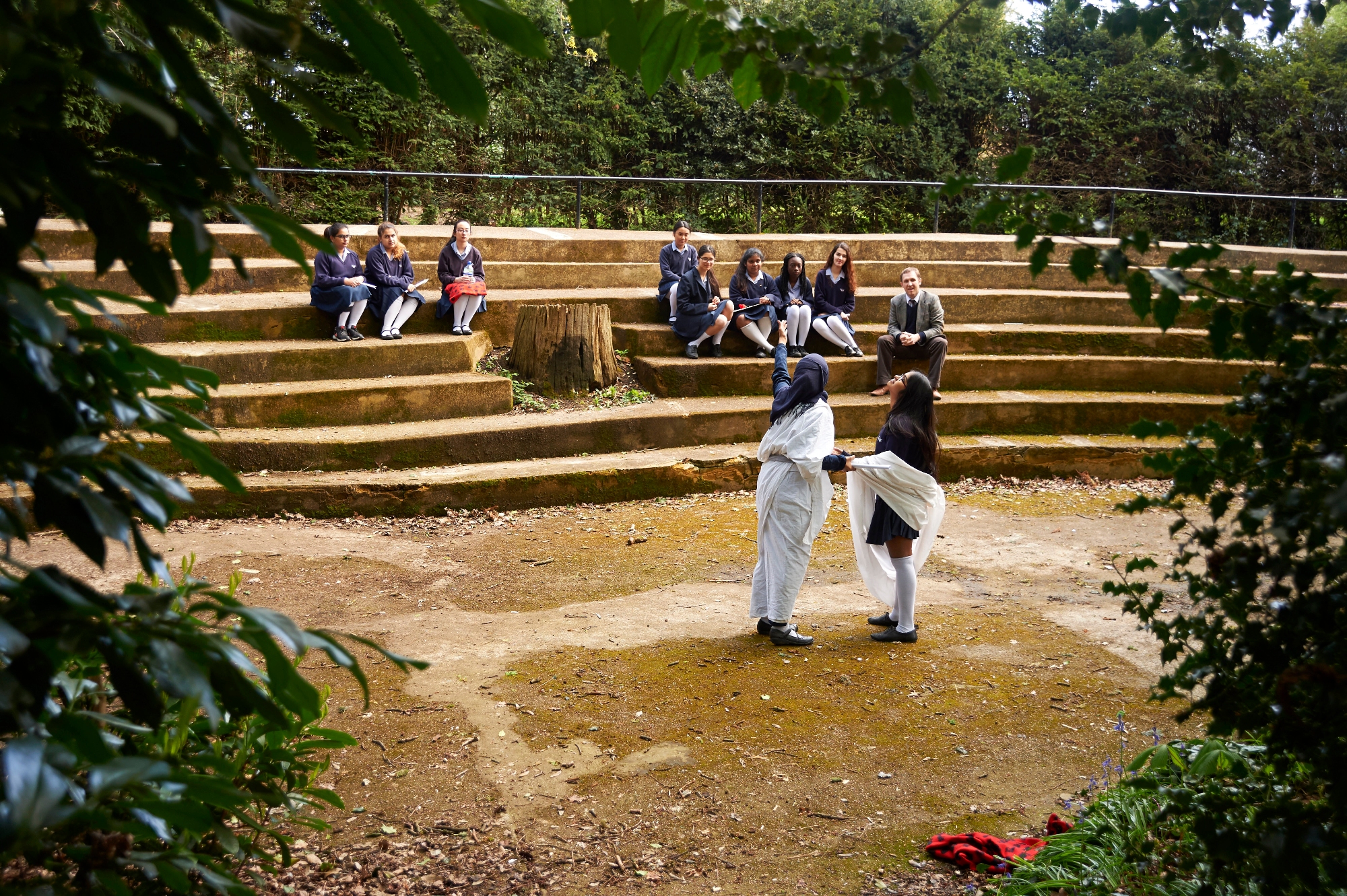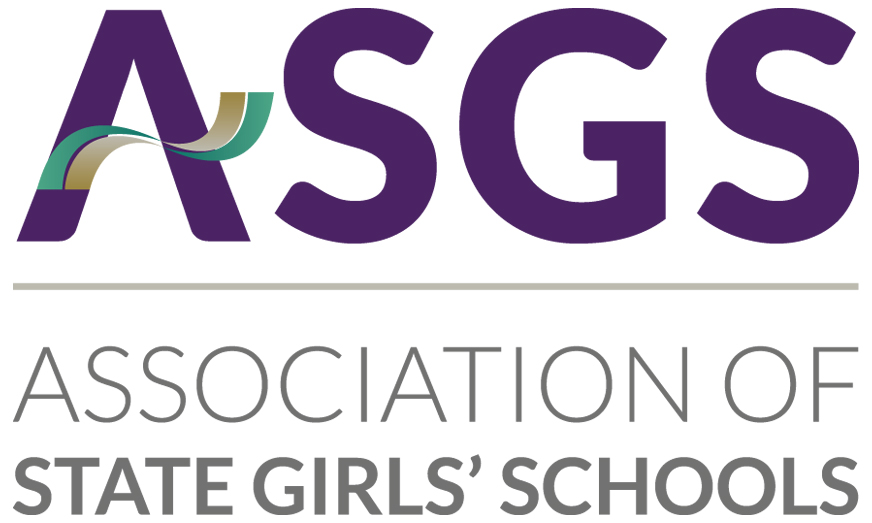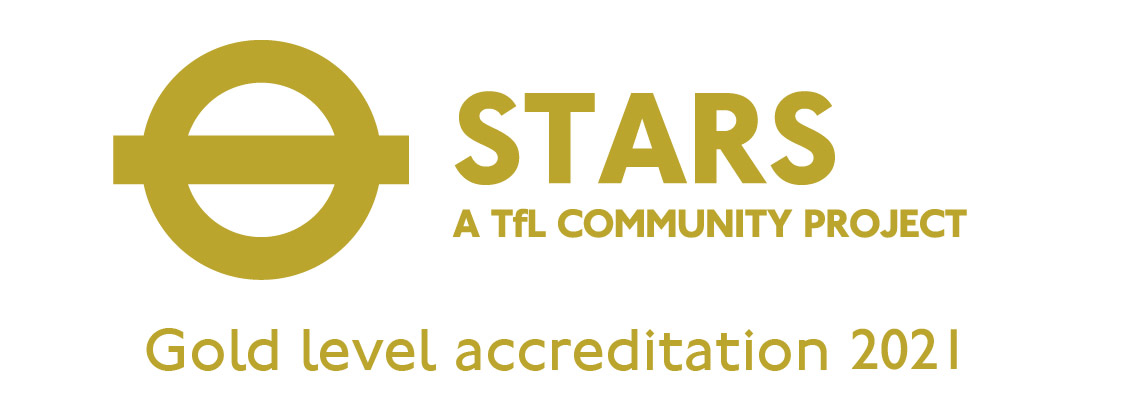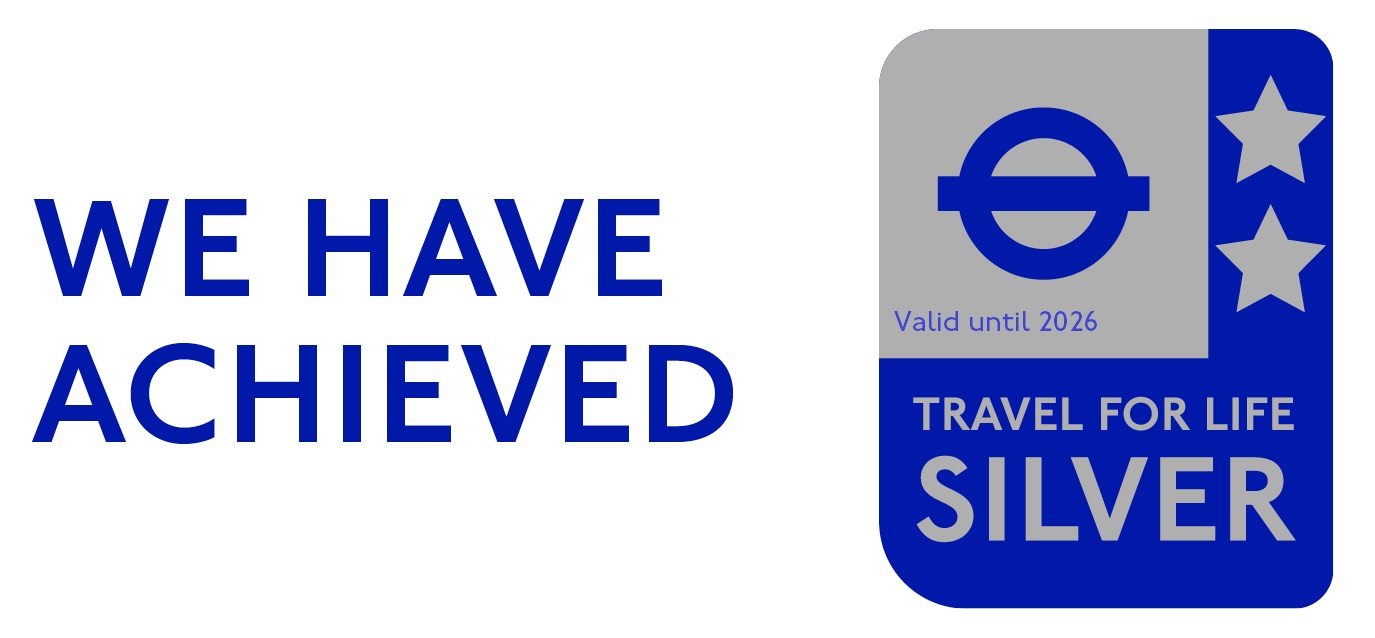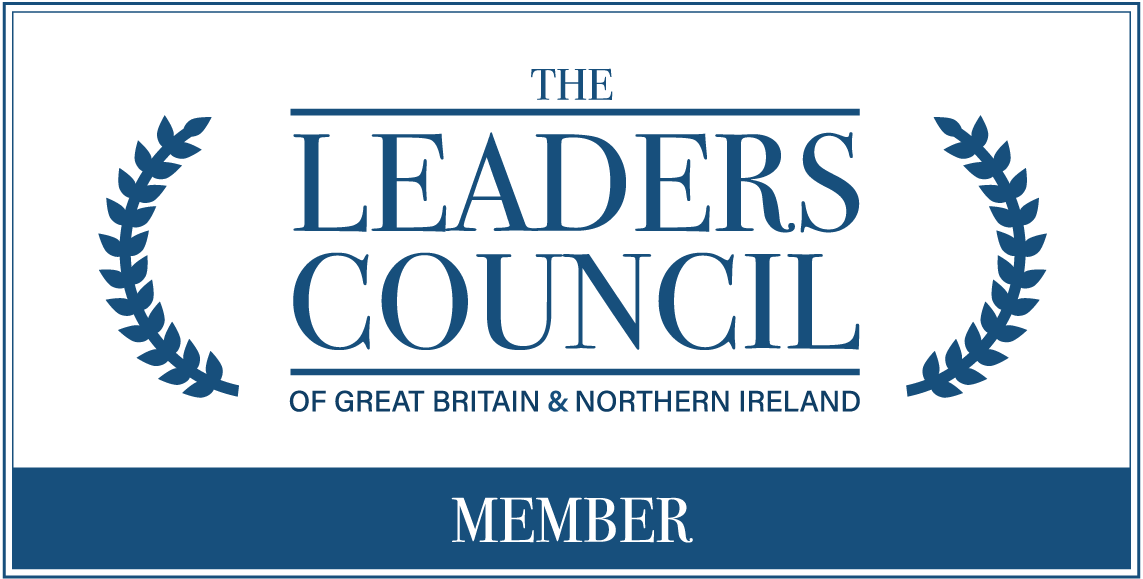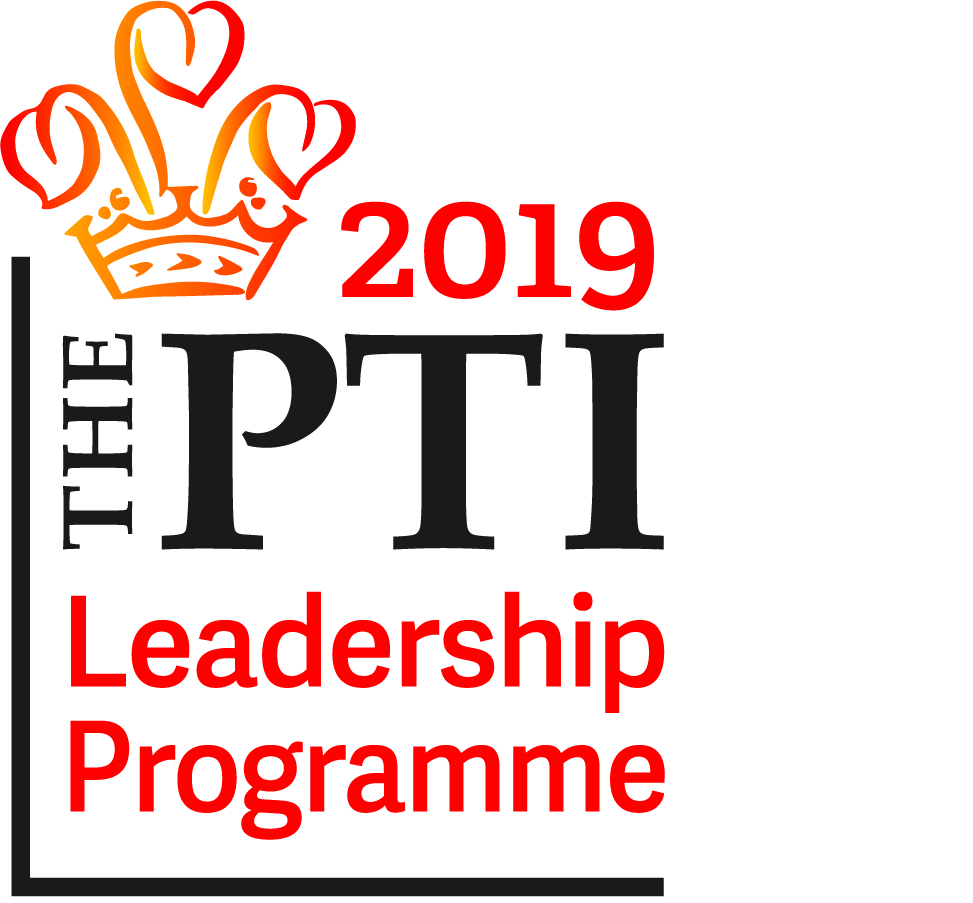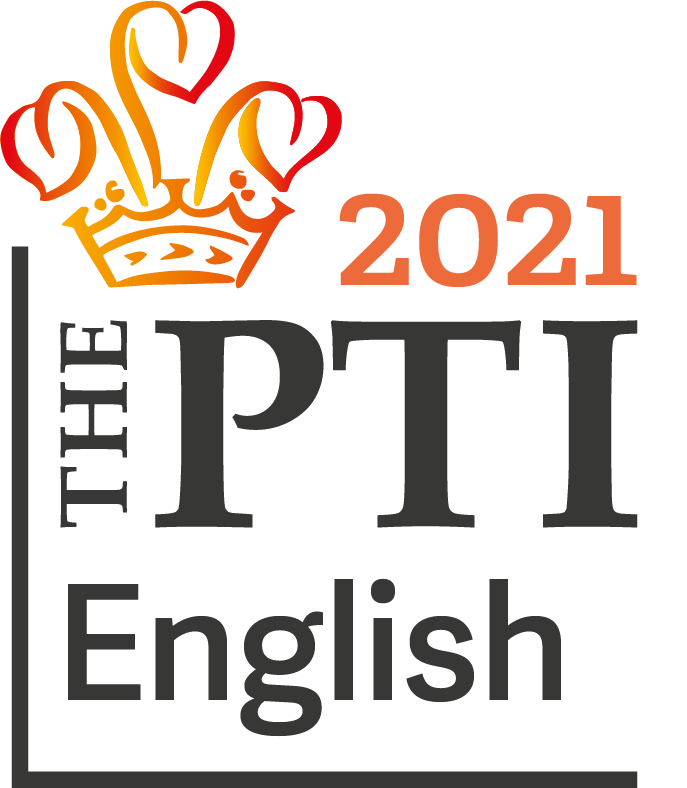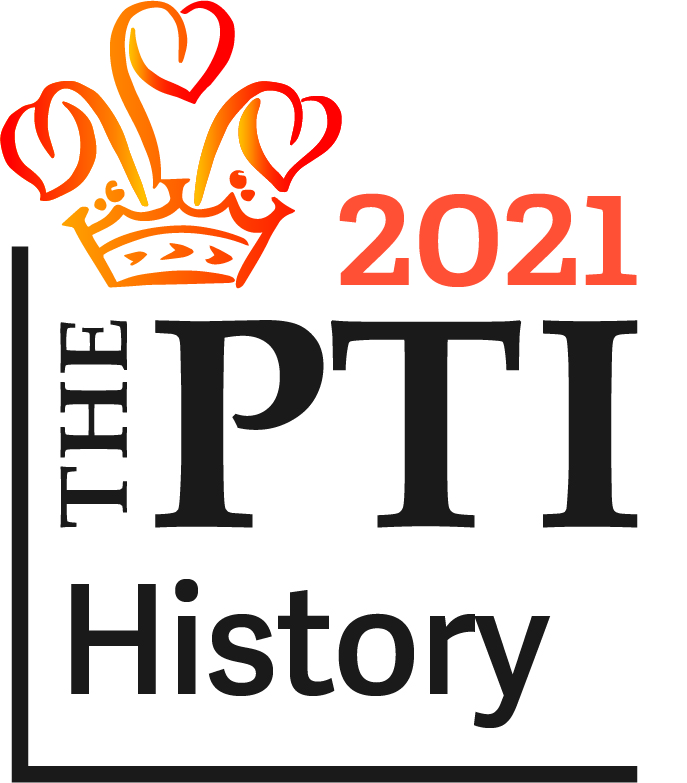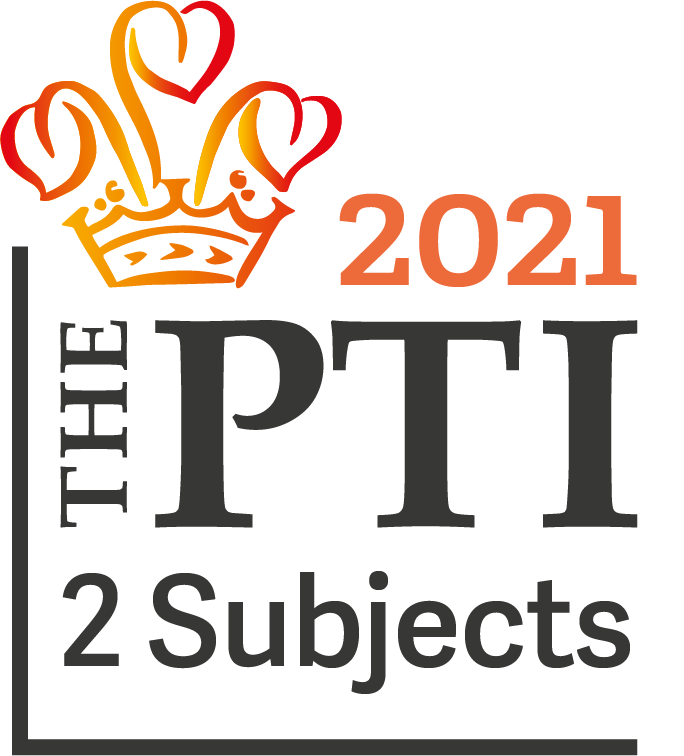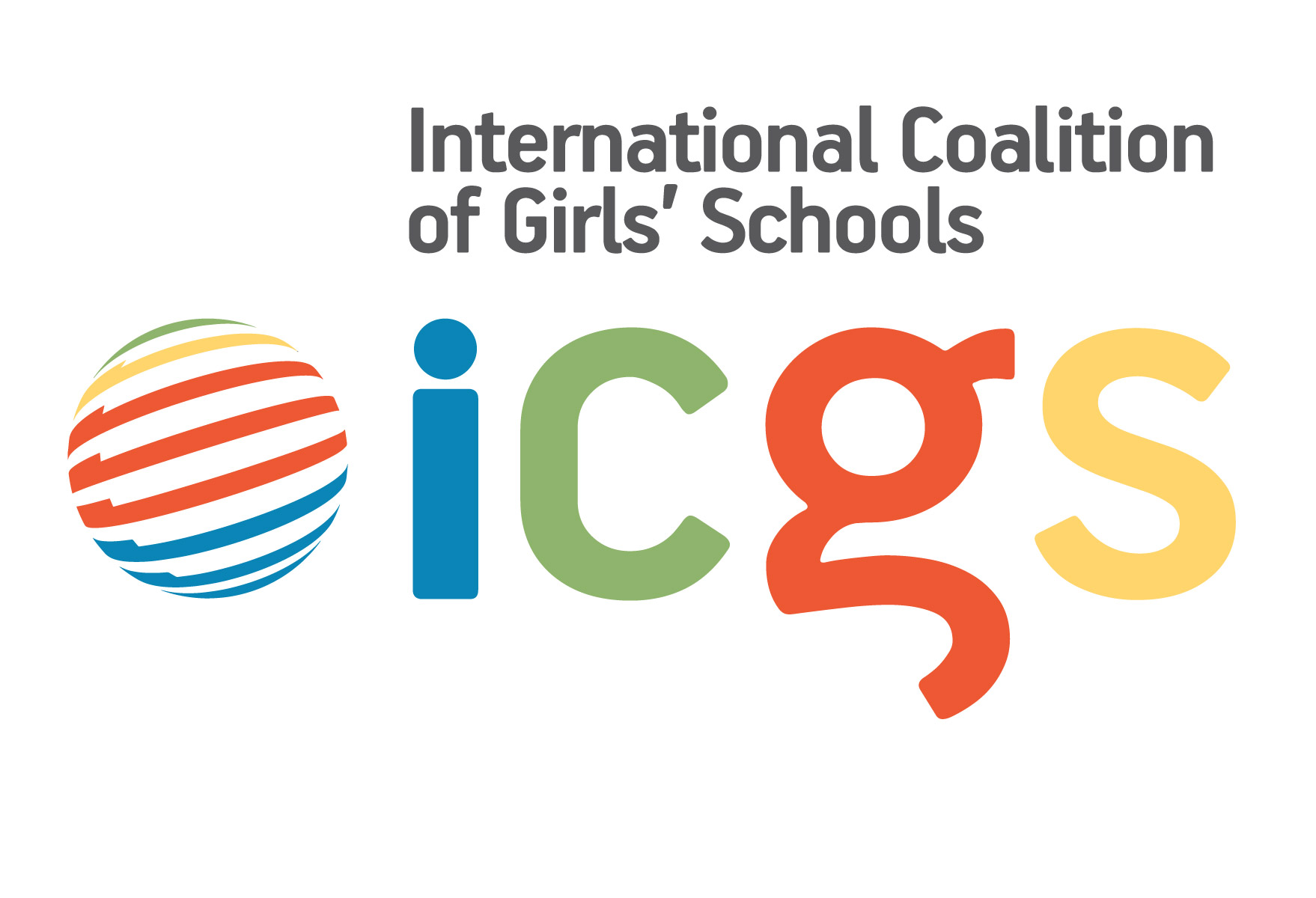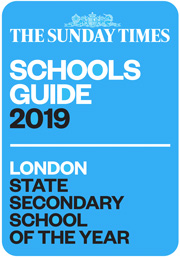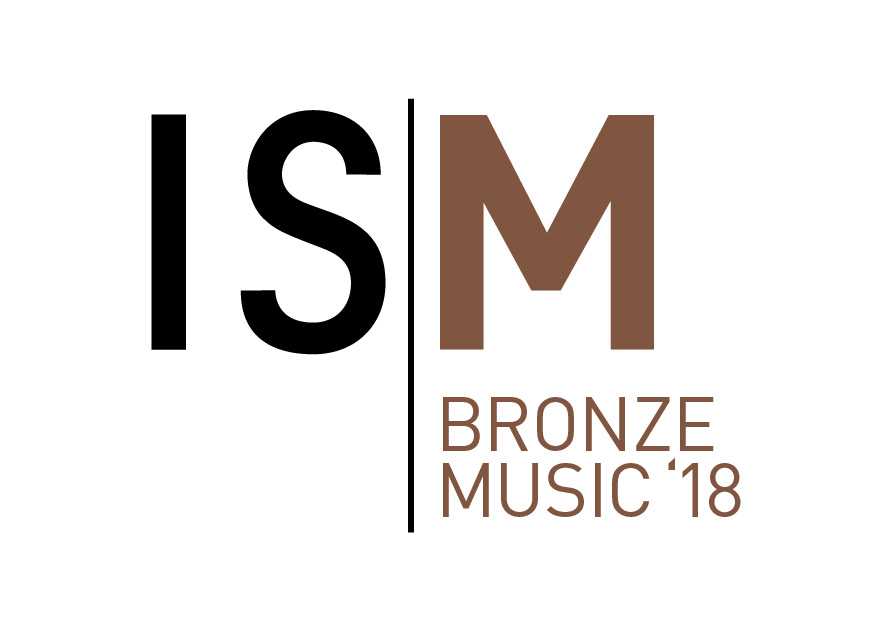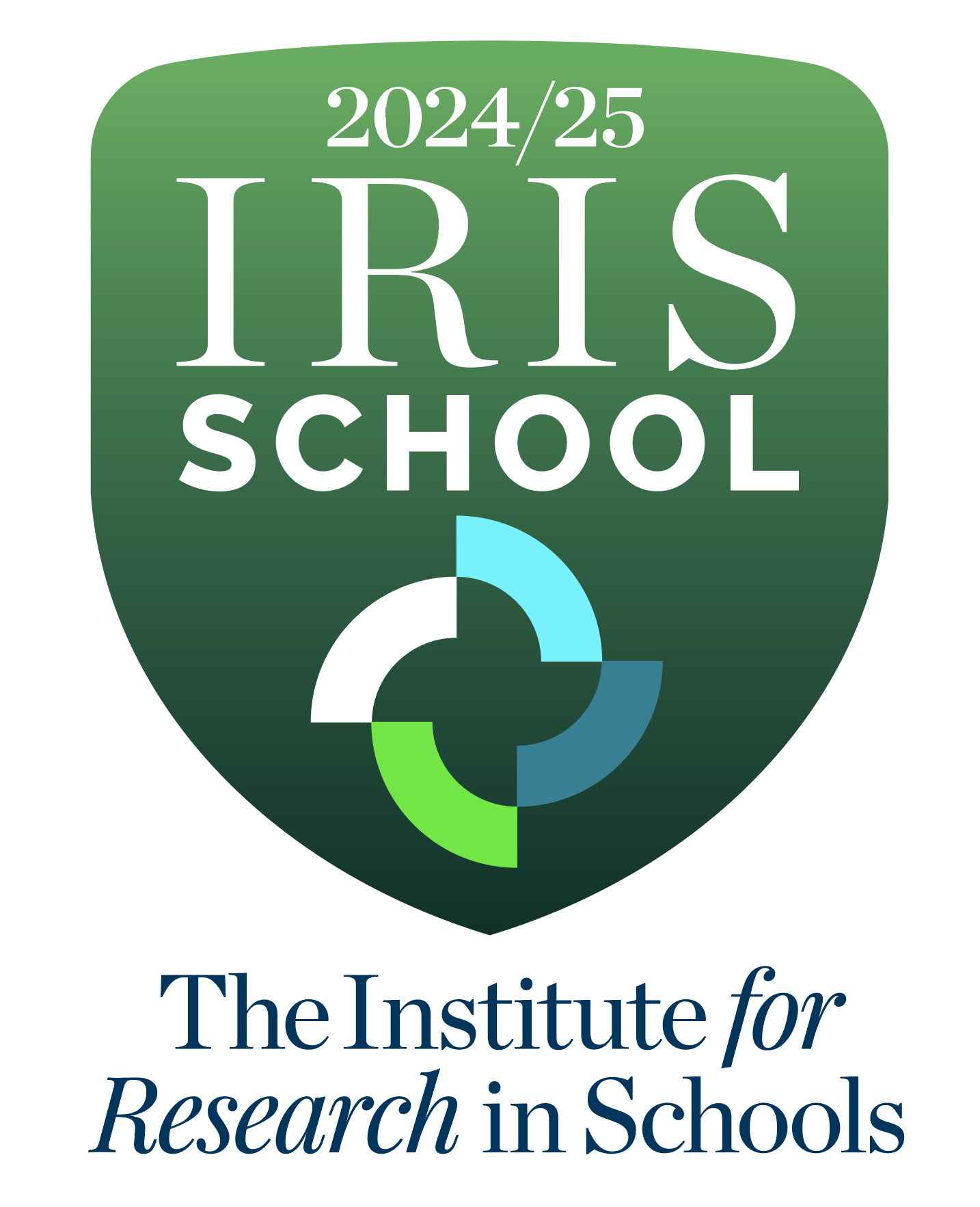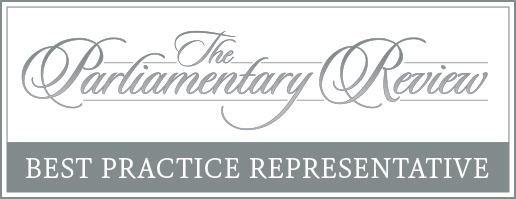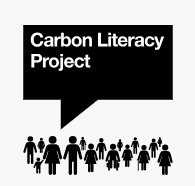|
CLASSICAL CIVILISATION |
|||
|---|---|---|---|
|
EXAM BOARD |
OCR |
||
|
STRUCTURE OF COURSE |
Component 1 The World of the Hero (40%) Component 2 Culture and the Arts (30%) Component 3 Beliefs and Ideas (30%) |
|
|
| ASSESSMENT | Components 1, 2 and 3 will be assessed by written exam in June 2019 | ||
|
CONTENT |
Component 1 A study of the Greek epic poem Iliad by Homer and the Roman epic Aeneid by Virgil. Component 2 A study of ancient Greek theatre, including: the structure of the theatre, theatrical festivals, tragedy (King Oedipus by Sophocles and Bacchae by Euripides) and comedy (Frogs by Aristophanes) Component 3 A study of views on Love and relationships in the ancient world, including: the poetry of Greek poet Sappho and Roman poet Ovid as well as the philosophy of Plato and Seneca. |
||
|
POSSIBLE CAREER PATHS |
Classical Civilisation is very well respected by universities and employers. It provides a valuable range of transferrable skills which can lead to careers in fields as diverse as law, accountancy, secondary and higher education, management, business, publishing, the media, archaeology, museum work, politics, tourism and the civil service. |
||
|
POSSIBLE SUBJECT COMBINATIONS |
Due to Classical Civilisation’s focus on essay writing and reading skills, it would probably complement humanity subjects such as Latin, Economics, English, History, Politics, Psychology and Religious Studies. |
||
